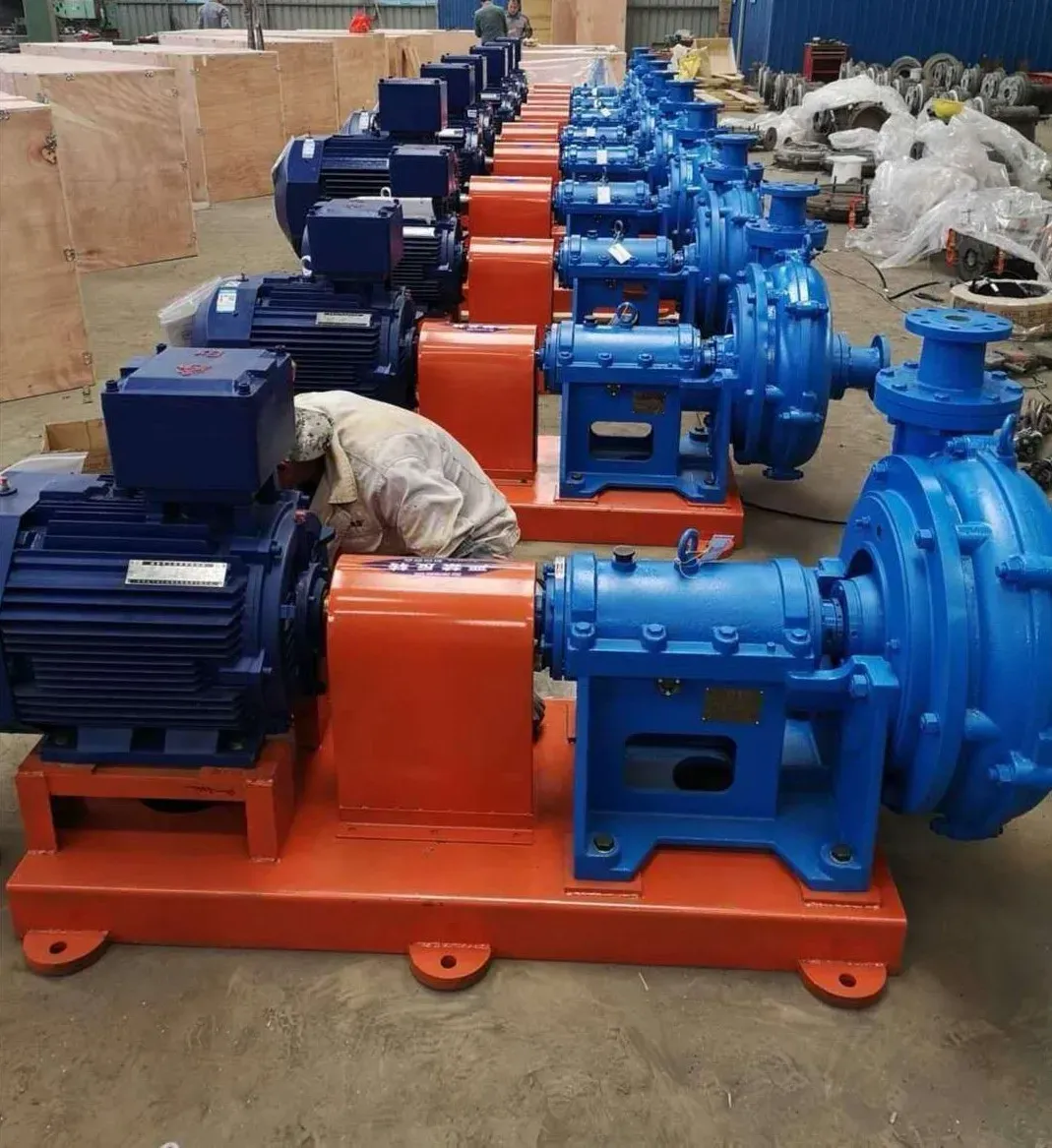English
- Afrikaans
- Albanian
- Amharic
- Arabic
- Armenian
- Azerbaijani
- Basque
- Belarusian
- Bengali
- Bosnian
- Bulgarian
- Catalan
- Cebuano
- Corsican
- Croatian
- Czech
- Danish
- Dutch
- English
- Esperanto
- Estonian
- Finnish
- French
- Frisian
- Galician
- Georgian
- German
- Greek
- Gujarati
- Haitian Creole
- hausa
- hawaiian
- Hebrew
- Hindi
- Miao
- Hungarian
- Icelandic
- igbo
- Indonesian
- irish
- Italian
- Japanese
- Javanese
- Kannada
- kazakh
- Khmer
- Rwandese
- Korean
- Kurdish
- Kyrgyz
- Lao
- Latin
- Latvian
- Lithuanian
- Luxembourgish
- Macedonian
- Malgashi
- Malay
- Malayalam
- Maltese
- Maori
- Marathi
- Mongolian
- Myanmar
- Nepali
- Norwegian
- Norwegian
- Occitan
- Pashto
- Persian
- Polish
- Portuguese
- Punjabi
- Romanian
- Russian
- Samoan
- Scottish Gaelic
- Serbian
- Sesotho
- Shona
- Sindhi
- Sinhala
- Slovak
- Slovenian
- Somali
- Spanish
- Sundanese
- Swahili
- Swedish
- Tagalog
- Tajik
- Tamil
- Tatar
- Telugu
- Thai
- Turkish
- Turkmen
- Ukrainian
- Urdu
- Uighur
- Uzbek
- Vietnamese
- Welsh
- Bantu
- Yiddish
- Yoruba
- Zulu
Telephone: +86 13120555503
Email: frank@cypump.com
Oct . 22, 2024 13:52 Back to list
Choosing the Right Chemical Water Pump for Efficient Fluid Management Solutions
Chemical Water Pumps Essential Components in Industrial Applications
In the modern industrial landscape, chemical water pumps play a crucial role in ensuring the effective transfer and management of various fluids, particularly in sectors such as chemical manufacturing, water treatment, and wastewater management. These pumps are engineered to handle aggressive chemical solutions, ensuring safe and efficient operation under challenging conditions.
Chemical water pumps are specifically designed to transport water mixed with chemicals or even pure chemicals themselves. Their construction typically involves materials that resist corrosion and degradation caused by harsh substances. Common materials used include stainless steel, PVC, and various alloys, chosen based on the specific chemicals involved and the operational environment. The selection of the right material is critical, as it directly impacts the pump's longevity and performance.
The primary function of a chemical water pump is to move fluids from one location to another, often against gravity or through complex piping systems. This task requires a pump that can maintain a consistent flow rate and pressure, even when dealing with varying chemical compositions. Industrial applications demand pumps that can efficiently handle high temperatures, fluctuating pressure levels, and the presence of vapor, necessitating the need for robust engineering and design.
One of the significant advantages of utilizing chemical water pumps is their ability to improve operational efficiency. In chemical manufacturing, for instance, precise fluid handling is imperative. Any delays or malfunctions in pumping can lead to costly downtime or even hazardous situations. Advanced pumps equipped with smart technology can monitor performance in real time, allowing operators to quickly address any issues and maintain smooth operations.
chemical water pump

Additionally, the growing emphasis on sustainability and environmental protection has led to innovations in pump technology. Modern chemical water pumps often incorporate features that minimize energy consumption and reduce carbon footprints. For example, variable frequency drives (VFDs) enable pumps to adjust their speed according to the flow requirements, thus saving energy and lowering operational costs.
Safety is another paramount concern when dealing with chemicals. Chemical water pumps must adhere to strict regulatory standards to prevent leaks and spills that could lead to environmental contamination or harm to personnel. Many pumps are designed with safety features, including double mechanical seals and containment basins, to mitigate risks associated with handling hazardous fluids.
Regular maintenance and monitoring of chemical water pumps are essential for ensuring their reliability. Scheduled inspections can identify wear and tear, allowing for timely replacements of components before operational failure occurs. Moreover, a well-maintained pump operates more efficiently and prolongs the overall lifespan of the equipment.
In conclusion, chemical water pumps are vital components in various industrial applications where the transfer of fluid is necessary, particularly when dealing with aggressive chemicals. Their design must consider factors such as material compatibility, process efficiency, safety standards, and environmental impact. As industries continue to evolve and adopt more sustainable practices, the importance of advanced pump technologies will only increase, making the role of chemical water pumps critical for future industrial operations. Understanding their functionality and maintenance needs will empower operators to maximize their investment and ensure the safe handling of chemicals in their processes.
-
Reliable Non-Clog Sewage Pumps with GPT-4-Turbo Tech
NewsAug.04,2025
-
High-Performance Air Pumps for Sand & Gravel | Efficient Transport
NewsAug.03,2025
-
ISG Series Vertical Pipeline Pump - Chi Yuan Pumps Co., LTD.|Energy Efficiency, Corrosion Resistance
NewsAug.03,2025
-
ISG Series Pipeline Pump - Chi Yuan Pumps | Energy Efficiency&Compact Design
NewsAug.03,2025
-
ISG Series Vertical Pipeline Pump - Chi Yuan Pumps Co., LTD.|High Efficiency, Low Noise, Durable
NewsAug.02,2025
-
ISG Series Vertical Pipeline Pump - Chi Yuan Pumps | High Efficiency, Low Noise
NewsAug.02,2025










